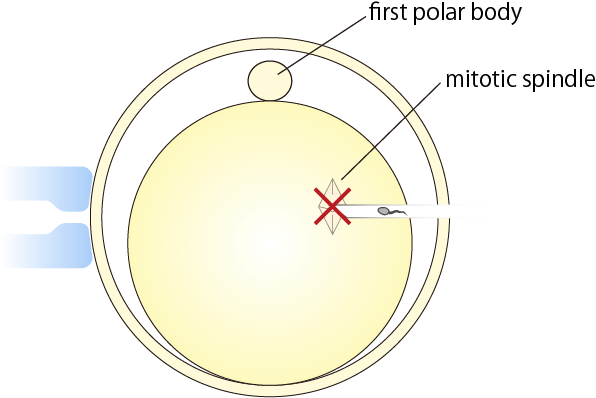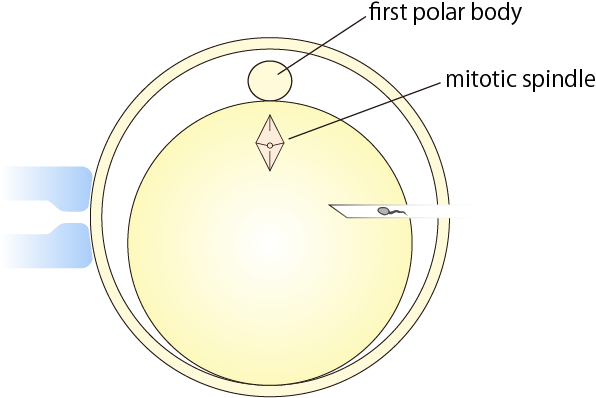
Our hospital actively presents its own research at domestic and overseas academic societies and treatises, and incorporates new theories and technologies from overseas academic societies.
This page introduces a few of those.
This is a technology in which immature oocytes with low fertilization ability are cultured in a special culture medium and matured in vitro.
Normal IVM is performed by collecting immature oocytes.
"Rescue IVM" is performed when the collected oocytes are unexpectedly immature.
Generally, the collected oocytes are frozen in liquid nitrogen.
We are investigating that the use of slush nitrogen, which can freeze more rapidly than liquid nitrogen, can be expected to further improve the pregnancy rate.
Liquid nitrogen has a temperature of -196℃ and a cooling effect of -30,000℃ per minute.
Slush nitrogen, on the other hand, has a temperature of -210℃ and cools to -135,000℃ per minute, about five times faster than liquid nitrogen.
For this reason, slush nitrogen does not vaporize, making it possible to freeze oocytes even faster.
If you wish to become pregnant using frozen oocytes, you will need to thaw the oocytes and perform intracytoplasmic sperm injection to fertilize them.
At that time, insemination while observing the position of the mitotic spindle using a special microscope called Polscope may prevent damage to the mitotic spindle and increase the pregnancy rate.
Although the technique of checking the spindle during ICSI has already been done, we believe that the fused oocyte should be especially observed for the spindle.
Normal ICSI
The spindle is invisible and could be damaged.

ICSI with Poloscopes
Spindles can be visualized and avoided
